PLAYBOOK TOOLS
Playbook tools include strategies and doings for creating clear policies, processes and showcase best practices. They illustrate procedures from customer acquisition to crisis management and, when used correctly, promote consistency and efficiency. The approaches in the playbooks facilitate the induction of new employees and promote corporate transparency. The dissemination of best practices throughout the organization increases the performance and success of the company.
- BY PINNACLE
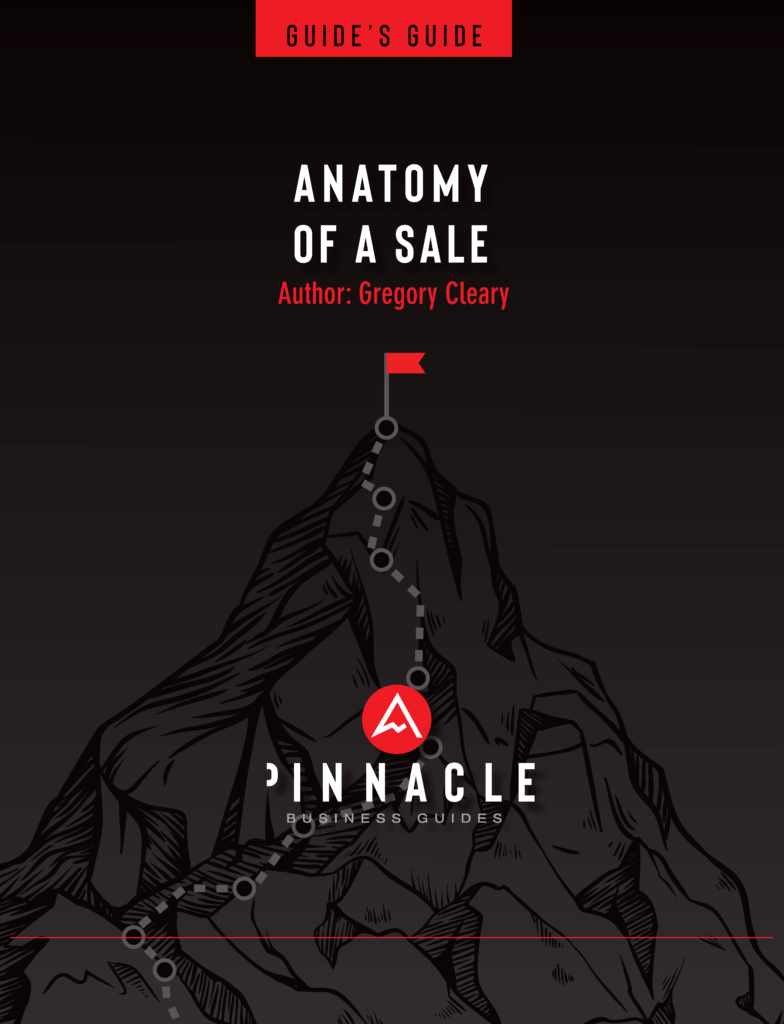
ANATOMY OF A SALE
The “Anatomy of a Sale” tool is a guide for sales teams who want to modernize their strategies. It offers exercises and questions that analyze the sales process and identify potential for improvement. As a manager, you can use it to raise awareness of effective, modern sales methods.
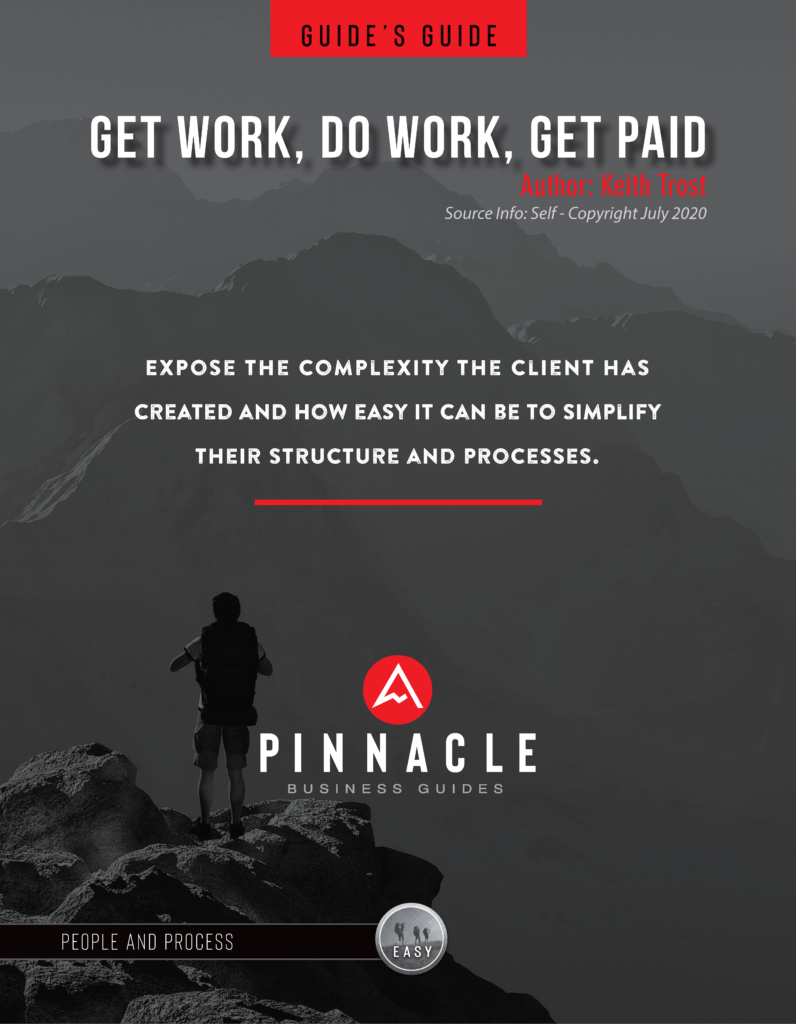
GET WORK, DO WORK, GET PAID
“Get Work, Do Work, Get Paid” helps you to identify and simplify the complexity in your organization. It provides a framework for functional accountability and metrics to measure and improve process efficiency and team performance.
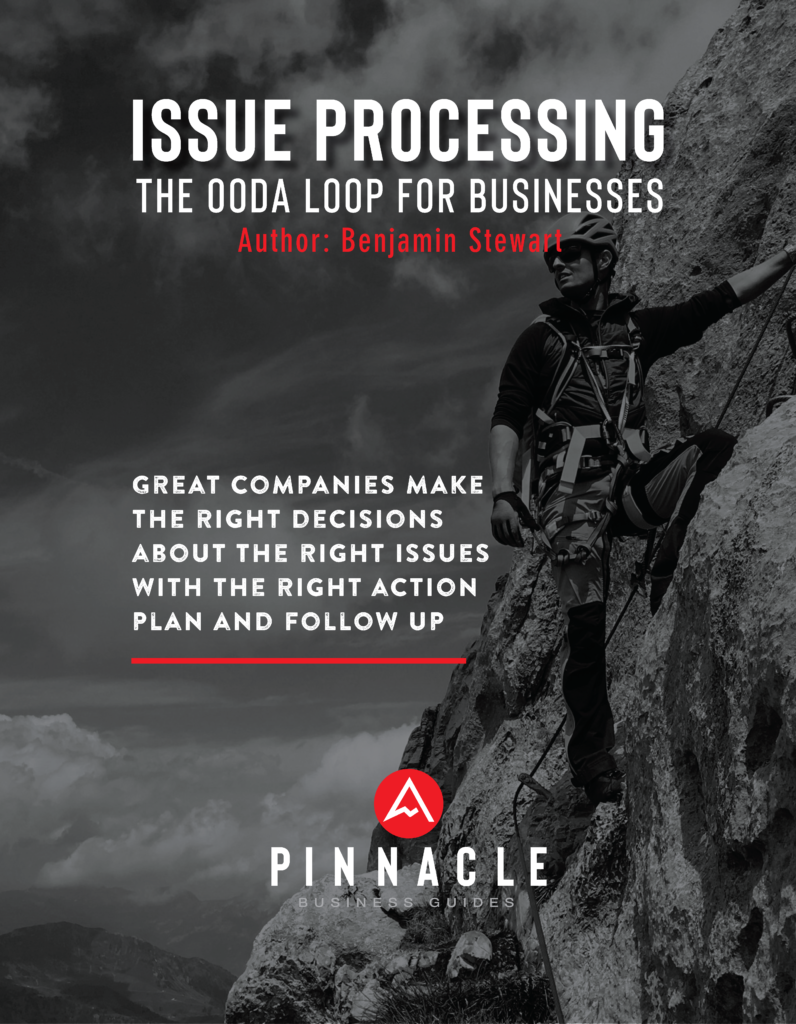
ISSUE PROCESSING: THE OODA LOOP FOR BUSINESS
The “OODA Loop for Business” tool helps management teams to make decisions faster and more effectively. It structures your decision-making process into four phases: Observe, Orient, Decide and Act.
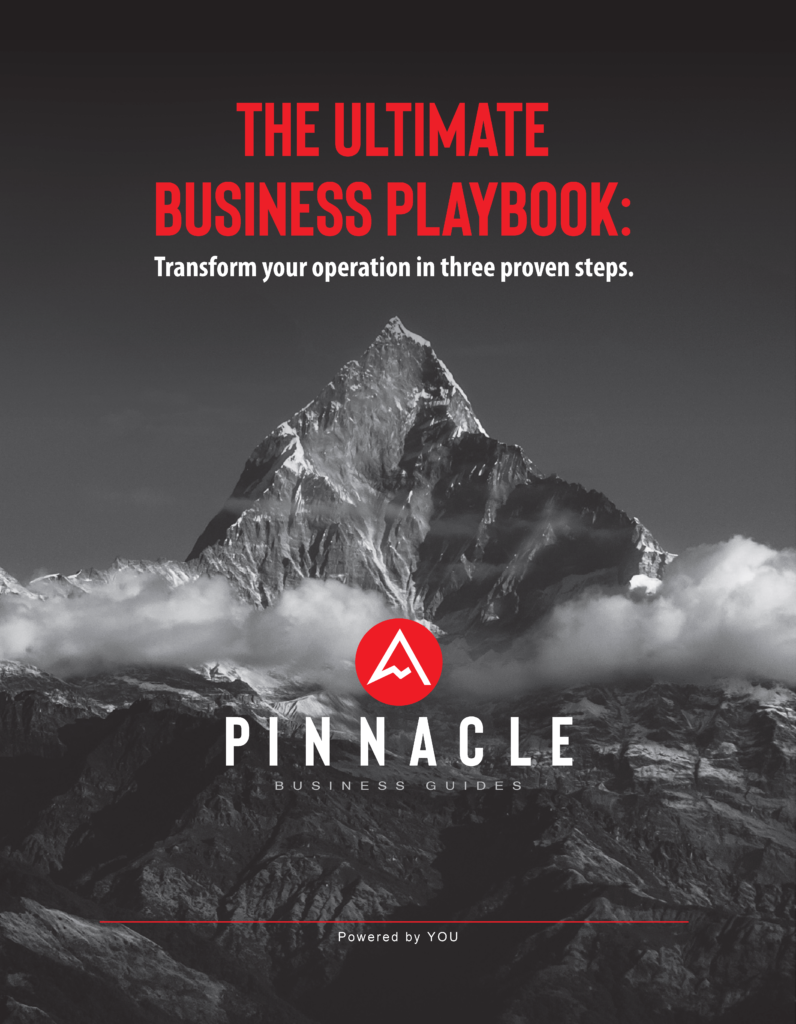
THE ULTIMATE BUSINESS PLAYBOOK/ GET AHEAD OF THE GAME
The Ultimate Business Playbook provides a structured plan to optimize business processes, promote proactive leadership and increase efficiency, employee satisfaction and profits.
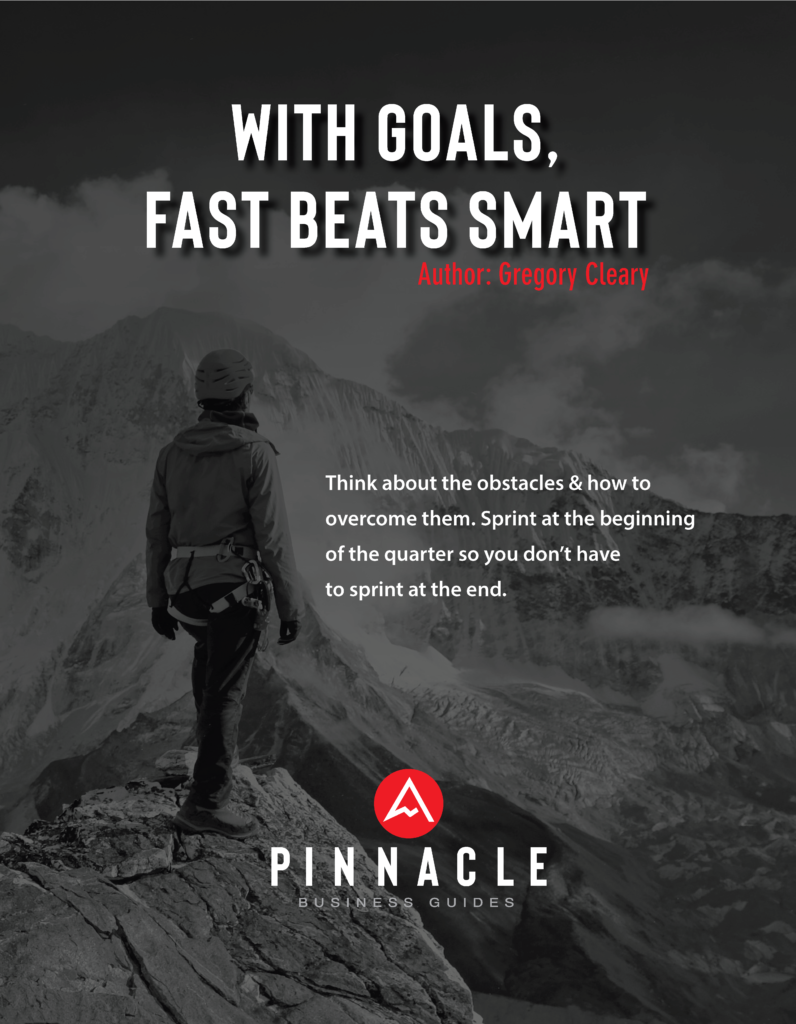
WITH GOALS F.A.S.T BEATS SMART
The “Fast Beats SMART” concept promotes clear, ambitious goals and regular reviews. It boosts team performance, promotes transparency and provides a structured plan for achieving goals.
- BY ANTARIUS
ELEVATOR SPEECH
The “Elevator Speech Worksheet” provides a structured guide to creating an effective and persuasive short presentation about yourself or your company. It starts with the basic introduction and builds up to the final call to action.
OKR
This tool serves as a detailed guide to implementing OKRs (Objectives and Key Results) in your company. It covers the basics, selecting pilot groups, involving your team and common mistakes to avoid.
THEORY OF CONSTRAINTS
The theory of constraints (TOC) and critical chain project management focus on bottlenecks in order to improve throughput and project lead times.

